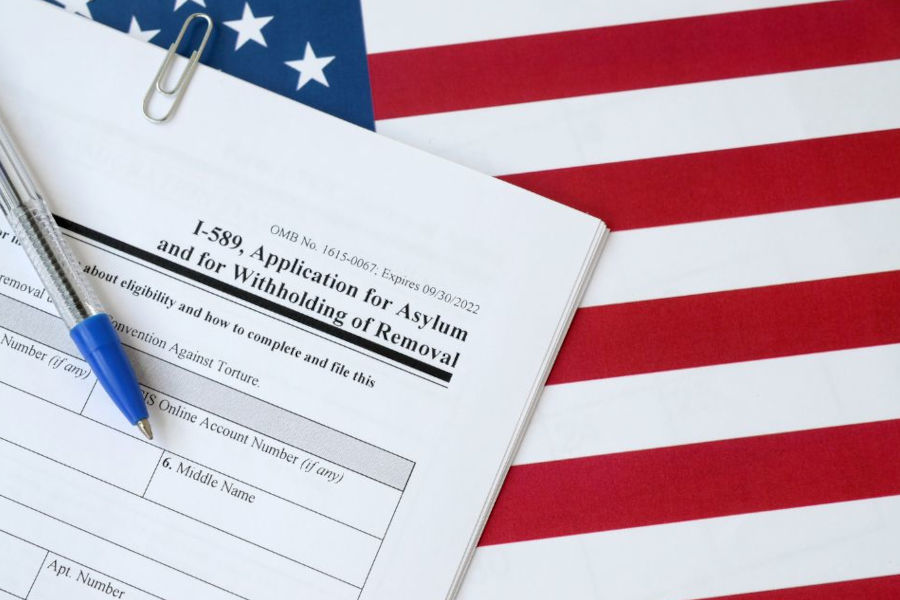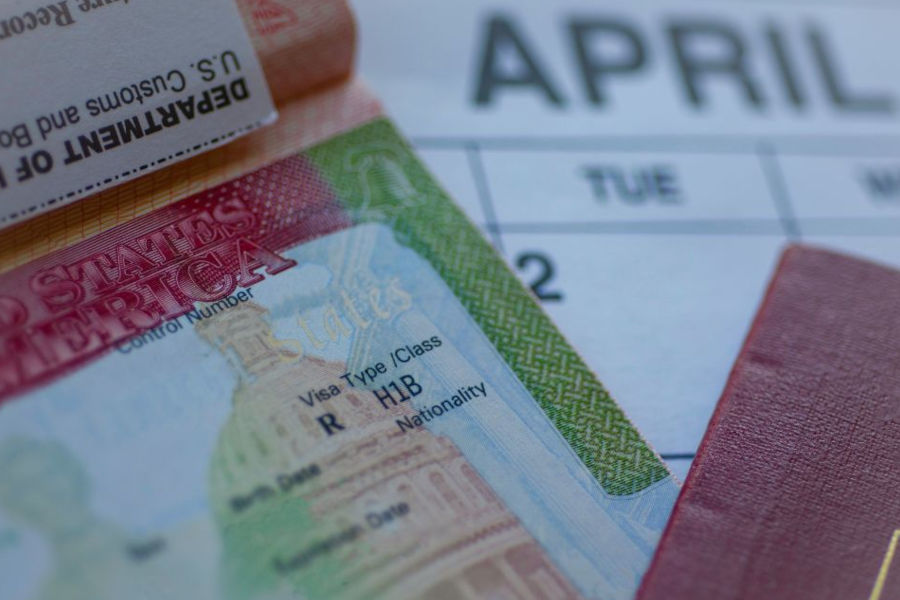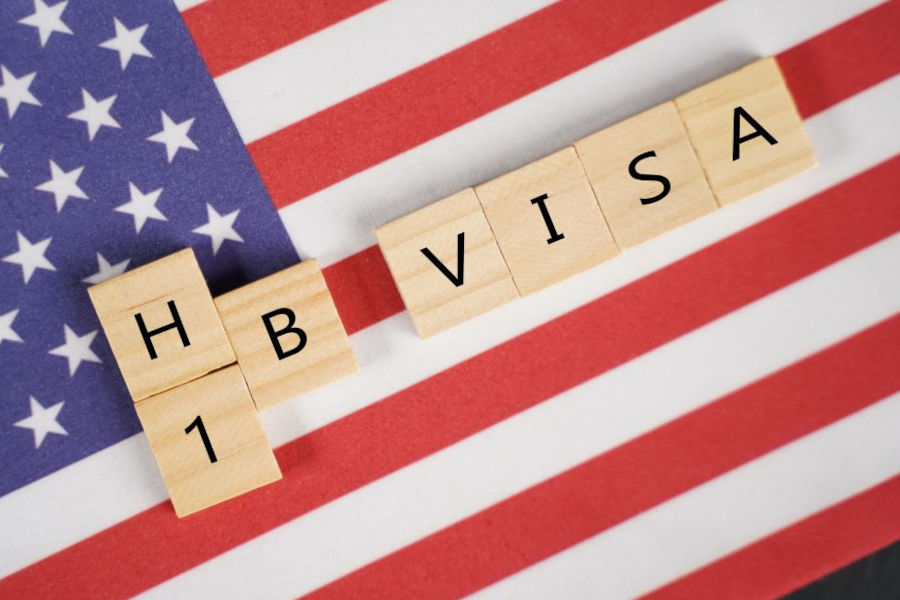Adjustment of Status (green card) cases filed on or after February 24, 2020 will face much more scrutiny than earlier applications. This is because of a change in what is known as the “public charge rule.”
The public charge rule has been around for a long time, but is not defined by legislation. Rather, it is defined through rulemaking. Because the current administration tends to view immigration negatively, a new definition of “public charge” took effect in February. The process to adjust status to permanent residency or obtain immigrant visas also became more complicated. These changes took effect after extended litigation to try to stop the new changes mostly failed.
A core element of the public charge test remains; it is forward looking. That is, a federal employee must determine whether those seeking family-based green cards are likely to become reliant on government programs in the future. However, many other elements have changed.
Most notably, a key part of the definition of “public charge” has been changed, and a new “totality of the circumstances” framework added. In the past, a person would have to be deemed likely to be primarily dependent on certain kinds of public benefits for 12 out of 36 months. The new rule changes that – a person need only be likely to use any of those listed benefits for 12 out of 36 months. This change means that receiving very small amounts of a benefit count toward the twelve-month limit. What’s more, using multiple programs in the same month means that each program used counts as an additional month toward the limit. For instance, using two programs for six months would render a person a public charge.
It is important to note that some types of applications are not subject to the public charge analysis, which applies primarily to green card applicants. For instance, current permanent residents (green card holders) will not be subject to a public charge analysis when they petition to remove two-year conditional residency, or they apply for citizenship. However, certain actions, like leaving the country for an extended period of time, can lead to even green card holders being subjected to a public charge analysis upon their return to the United States.
Furthermore, the process to apply for many kinds of visas and adjustment of status has become harder and more intrusive since February. An additional form, I-944 Declaration of Self Sufficiency, is now required, which means that applicants must reveal more about their financial condition. This is very different than the process that was in place, which required that a U.S. Citizen or Lawful Permanent Resident petitioner provides an “affidavit of support” promising to provide financial support for the person wanting to obtain a green card along with proof of income.
That form, I-864 Affidavit of Support, will still be required, but it is no longer sufficient. Furthermore, the administration has proposed making the Affidavit of Support more detailed and intrusive—for instance, by requiring that the immigrant’s sponsor provide their banking account information and allow other government agencies to share their personal data with the Department of Homeland Security.
These changes make it even more important to retain an experienced immigration attorney.
This information is intended to educate and should not be taken as legal advice.
Written by Francis Law Center Staff Daniel Lurker










